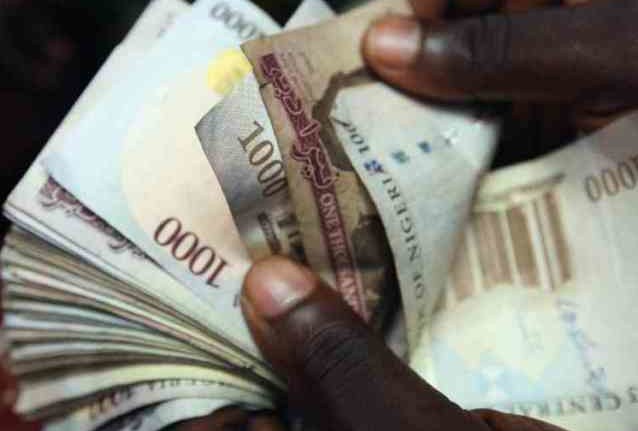As traders continued to be concerned about the ecosystem’s volatility, the Naira was comparatively stable against the US dollar on Monday in all areas of the foreign exchange (forex) market.
The Central Bank of Nigeria’s (CBN) new cash withdrawal policy, which went into effect on January 9, 2023, was yesterday’s main topic of discussion as investors watched to see how it would affect the financial system.
This reduced the pressure on the local currency in the currency market on Monday, allowing it to close N2 stronger against the US dollar in the peer-to-peer (P2P) window of the foreign exchange market than it had on last Friday (N770/$1).
But in the Investors and Exporters (I&E) sector of the market, where there was little demand for foreign exchange and a turnover of $47.13 million, the exchange rate of the Nigerian naira to the dollar remained unchanged yesterday at N461.67/$1.
Additionally, due to low trading activity, most currency hawkers were essentially idle during the session, and the Nigerian Naira’s exchange rate to the US dollar was N742/$1.
However, in the interbank market, the Naira experienced a depreciation against the British pound, falling by N6.83 to N541.56/£1, and against the euro, falling by N4.48 to trade at N482.56/€1, down from N478.08/€1 last Friday.
As investors rushed into riskier markets in response to signs of slowing inflation, cryptocurrency transactions on Monday were bullish, resulting in Solana’s (SOL) price rising by 18.9% to $16.33.
Cardano (ADA) increased by 6.8% to trade at $0.3117, Litecoin (LTC) increased by 6.2% to $81.10, Dogecoin (DOGE) increased by 4.1% to $0.0758, Ethereum (ETH) increased by 3.9% to sell at $1,320.50, Ripple (XRP) recorded a 2.4% increase to trade at $0.3498, Bitcoin (BTC) increased by 1.4% to finish at $17,218.85, and Binance Coin (
However, the prices of the Binance USD (BUSD) and US Dollar Tether (USDT) remained constant at $1 each.











